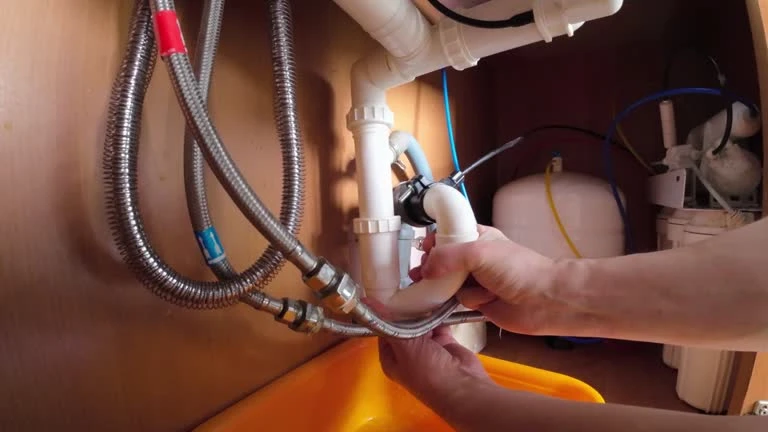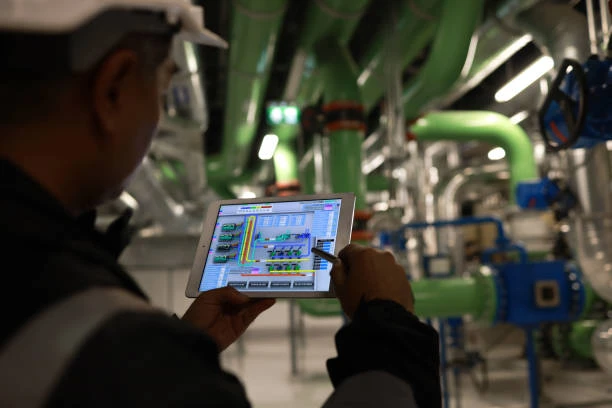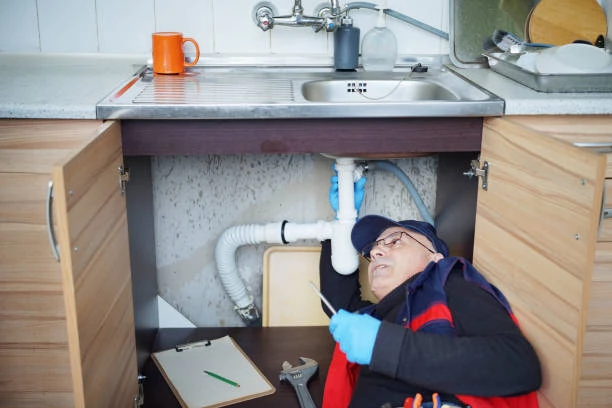Introduction to PPH Piping Systems
polypropylene tube systems are gaining popularity due to their excellent mechanical properties and environmental benefits. These systems, made from a single polymer material, offer robust performance in various industries, including chemical processing, water treatment, and construction. PPH pipes are known for their high resistance to chemicals and heat, making them ideal for harsh environments. As sustainability becomes a central theme in industrial design, the focus on PPH piping systems aligns with the need for eco-friendly solutions. This article explores the future green trends of PPH piping systems, highlighting their growing role in sustainable infrastructure.
Sustainability and Environmental Impact
PPH piping systems contribute significantly to sustainability efforts in industries worldwide. polypropylene tube is a recyclable material, and PPH pipes can be reused or repurposed, reducing waste. This contrasts with materials like PVC, which are more challenging to recycle and have a higher environmental impact during production. As companies adopt circular economy practices, PPH pipes’ recyclability gives them an edge in green construction projects. Furthermore, these pipes are free from hazardous chemicals like chlorine, making them safer for both workers and the environment during production and installation.
Energy Efficiency in Manufacturing
The energy efficiency of PPH piping systems is another key reason for their growing adoption in green infrastructure. Manufacturing PPH pipes requires less energy compared to other thermoplastic materials, reducing the carbon footprint associated with production. Polypropylene’s relatively low melting point allows it to be processed at lower temperatures, leading to energy savings during extrusion and molding. These energy savings contribute to the overall reduction in greenhouse gas emissions, supporting the transition toward greener manufacturing processes in industries such as polypropylene tube and industrial piping.
Durability and Longevity of PPH Pipes
One of the most significant advantages of PPH piping systems is their long lifespan. PPH pipes are highly resistant to corrosion, abrasion, and chemical degradation, meaning they require less maintenance and replacement over time. This durability translates to fewer resources spent on repairs and replacements, further promoting sustainability. The longevity of PPH pipes also helps reduce the environmental impact of production processes, as fewer new pipes need to be manufactured and transported. Additionally, their resistance to UV radiation and weathering makes them ideal for outdoor applications, increasing their versatility in sustainable infrastructure projects.
Water Conservation with PPH Piping Systems
Water conservation is an urgent issue in many parts of the world, and PPH pipes offer a reliable solution. These pipes are resistant to leaks, ensuring that water does not escape from the system and is delivered efficiently. Their smooth inner surface reduces friction, promoting faster and more effective water flow. By reducing the risk of leaks and maintaining water pressure, PPH systems minimize water loss, which is essential in efforts to conserve this precious resource. PPH pipes are also widely used in irrigation systems, where water conservation is critical for sustainable agriculture.
Green Certifications and Regulatory Compliance
As environmental regulations become more stringent, industries are increasingly turning to materials that meet green certifications. PPH piping systems are gaining recognition for their compliance with various environmental standards. They often meet criteria for low environmental impact, low emissions during production, and recyclability. For instance, many PPH pipes are certified by the International Organization for Standardization (ISO) for their sustainability features.
Innovative Applications in Green Construction
PPH piping systems are integral to the development of sustainable infrastructure, particularly in green building projects. Moreover, the use of polypropylene tube in rainwater harvesting systems supports water sustainability efforts by providing a safe, durable, and eco-friendly solution for managing collected water. As the construction industry moves toward net-zero energy buildings, the versatility of PPH piping systems ensures that these projects meet both performance and environmental goals.
The Future of PPH Piping Systems in Green Technologies
Looking ahead, the role of PPH piping systems in green technologies is expected to expand. As industries seek more sustainable alternatives, the demand for low-impact materials like polypropylene will continue to rise. PPH pipes are anticipated to play a key role in renewable energy sectors, such as solar and wind power, where their durability and resistance to environmental factors are essential. Additionally, the development of advanced recycling technologies could further enhance the sustainability of PPH piping systems. With continued innovation and a commitment to environmental responsibility, PPH pipes will remain at the forefront of green trends in the piping industry.
Conclusion
PPH piping systems represent a significant shift toward more sustainable practices in construction, manufacturing, and water management. Their combination of durability, recyclability, and energy efficiency makes them an ideal choice for industries seeking to minimize their environmental impact. As the world moves toward greener solutions, the future of PPH piping systems looks promising. These pipes will play a central role in sustainable infrastructure, helping to conserve resources, reduce carbon footprints, and create a more eco-friendly future.
IFAN Products international standards
IFAN products strictly adhere to a comprehensive range of international standards, encompassing ISO 15874, EN 15874, ASTM F2389, DIN 8077/8078, GB/T 18742, NBR 15884, ISO 15494, EN ISO 15494, GB/T 19472, NBR 15494, ASTM 2846 (501), DIN 8079/8080 (502), ASTM F441/F441M SCH80 (503), DIN (504), DIN (505), GB/T 18993, AS/NZS 1477, CSA B137.6, NSF/ANSI 14, TIS 17-2532/1131-2535, BS 3505, BS 4346 (801), ASTM D1785 SCH40 (802), ASTM D1785 SCH80 (803), DIN (804), GB (805), GB (806), GB(901), DWV(902), ASTM D2665 (903), along with ASTM D2241, D2665, D2729, and F441/F441M series, ISO 1452, EN ISO 1452, DIN 8061/8062, GB/T 10002, AS/NZS 1477, JIS K6741, CSA B137.3, and other national and industry norms.
Connect
IFAN is a Chinese manufacturer of plastic pipes, fittings and valves with 30 years of experience. If you are interest in IFAN copper fittings, copper valves, plastic pipes and fittings, please contact us. IFAN offers you a variety of standard pipes to meet your specific needs. Click below to learn more about IFAN’s wide range of affordable and cost-effective valve products and piping system related products.
We will reply your email or fax within 24 hours.
You can call us at any time if there is any question on our production.
For more information,pls visit our webside https://waterpipefitting.com/
Pls Mailto: [email protected]
Whatsapp: + 86 19857948982














Recent Comments